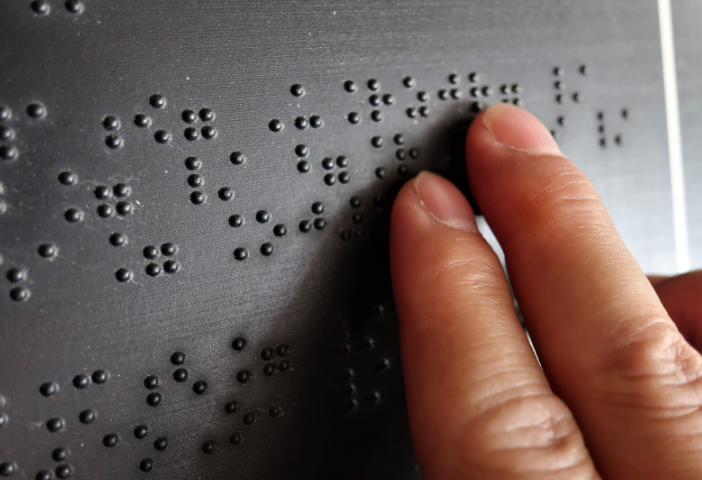
During Blindness Awareness Month, the Greensboro disability lawyers at Collins Price thought it would be helpful to discuss blindness and Social Security Disability Insurance (SSDI) benefits.
History of Blindness Awareness in the United States
Each October, Americans celebrate Blindness Awareness Month and two days in particular that bring awareness to those living with blindness both in the United States and throughout the world. Blind Americans Equality Day, formerly known as White Cane Safety Day, is on October 15th and World Blind/World Sight Day is also celebrated in October.
The term “white cane for the blind” and White Cane Safety Day specifically reference a day set aside by the federal government to recognize the independence and skill of people who use white canes. It’s also a reminder that laws in all 50 states require drivers to yield the right of way to people with white canes, even when they’re not on a crosswalk.
World Blind Day, also known as World Sight Day, is an annual day of awareness held on the second Thursday of October, to focus global attention on vision impairment, including blindness. This year, World Sight Day took place on October 10, 2024.
Social Security Disability Benefits for Blindness
There are approximately 1.5 million blind people in the United States. Most should consider filing for Social Security Disability Insurance (SSDI) or Supplemental Security Income (SSI) benefits if they aren’t receiving benefits under either program today.
An analysis of the 1999 Survey of Income and Program Participation (CDC, 2001) revealed blindness or vision problems to be among the top 10 disabilities among adults aged 18 years and older. Vision loss has serious consequences for the individual as well as those who care for and about people who have compromised vision because it impedes the ability to read, drive, prepare meals, watch television, and attend to personal affairs.
In addition, reduced vision among mature adults has been shown to result in social isolation, family stress, and ultimately a greater tendency to experience other health conditions or die prematurely (Ellwein, Friedlin, McBean, & Lee, 1996).
Specific to Social Security disability benefits, blindness can make it difficult, if not impossible, for many adults to work a full-time job. The Social Security Administration (SSA) defines blindness as follows:
- A central visual acuity for distance of 20/200 or less in your better eye with use of a correcting lens; or
- A visual field limitation in your better eye, such that the widest diameter of the visual field subtends an angle no greater than 20 degrees.
If you have a visual impairment but are not blind according to the rules as defined above, you may still be eligible for SSI or SSDI benefits on the basis of disability. Just as with other qualifying disabilities for adults 18 and older, SSA will only consider you “disabled” if you have a medically determinable physical or mental impairment (including an emotional or learning problem) which:
- results in the inability to do any substantial gainful activity; and
- can be expected to result in death; or
- has lasted or can be expected to last for a continuous period of not less than 12 months.
Disability Attorney Near Greensboro
There are many factors associated with a finding of ‘disabled’ by SSA for a blind claimant. Many people choose to work with a qualified disability lawyer to improve their chances of an approval. If you or someone you know is blind and looking for a disability attorney near Greensboro, contact Collins Price today. Our Social Security Disability lawyers will provide you with a free consultation on your claim. We serve claimants throughout North Carolina.



